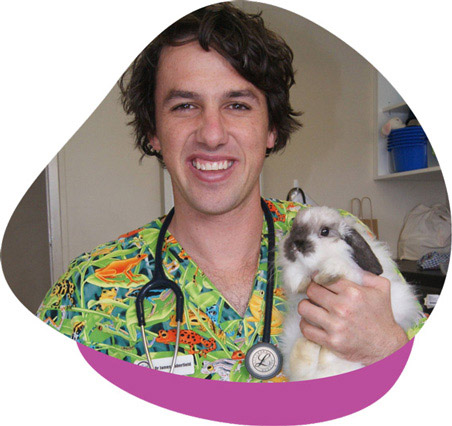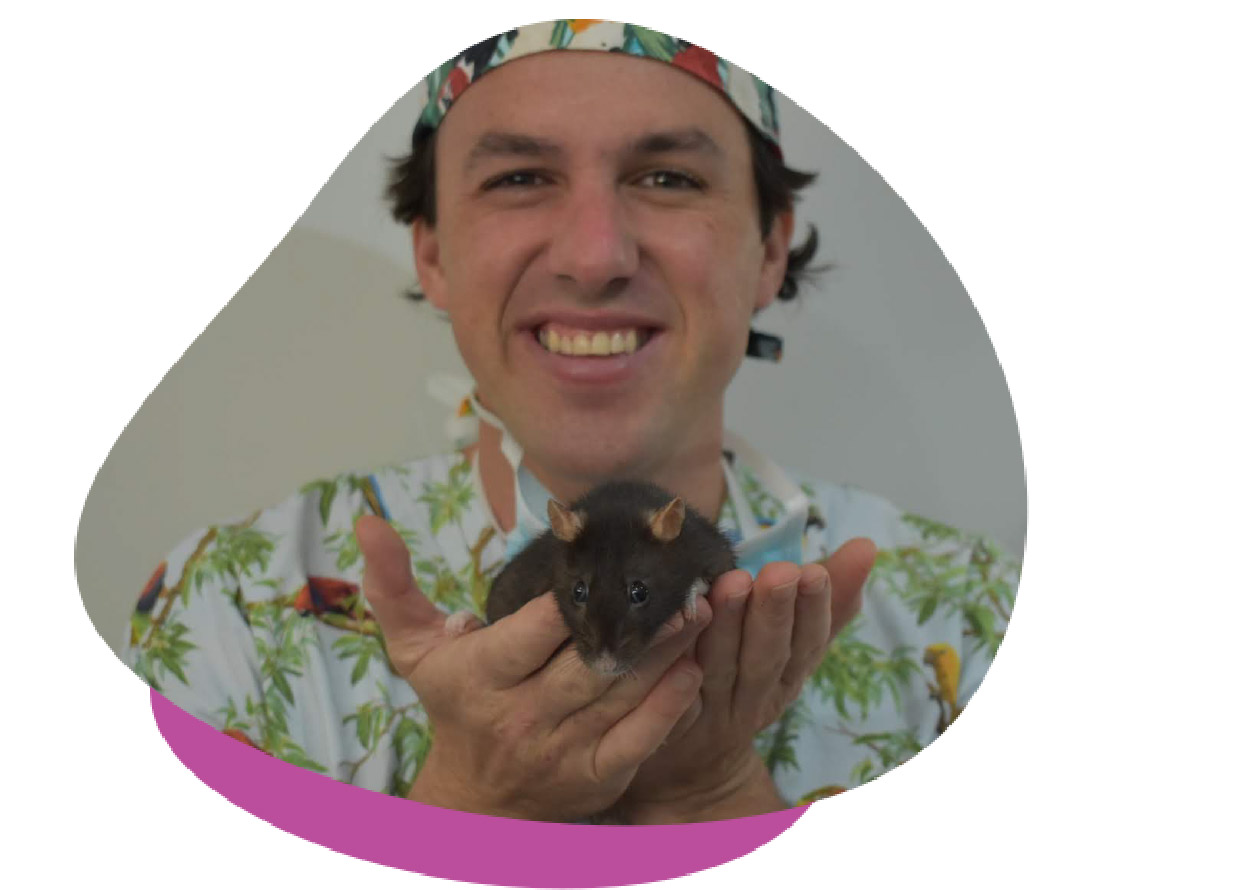Dr James Haberfield from the Unusual Pet Vets Peninsula writes honestly about the cost of exotic veterinary care and the impact that some client actions can have on the people who work in the veterinary profession.
My View of the Profession
I want to preface this article by saying I am one of those annoying people who genuinely likes going to work. I enjoy the challenge of never really knowing what the day will bring, and I love the unique range of species we get to treat and care for each day. We have many amazing clients, and I love being able to help them and be there for them when their pet is unwell.
However, like any job, I can’t pretend that it is all positive. For this article, I’ve chosen to cover a few of the negative aspects of working in the veterinary profession as I think it’s important that you as a pet owner know about the people who care for your feathered, furred, scaly or slimy family members.




